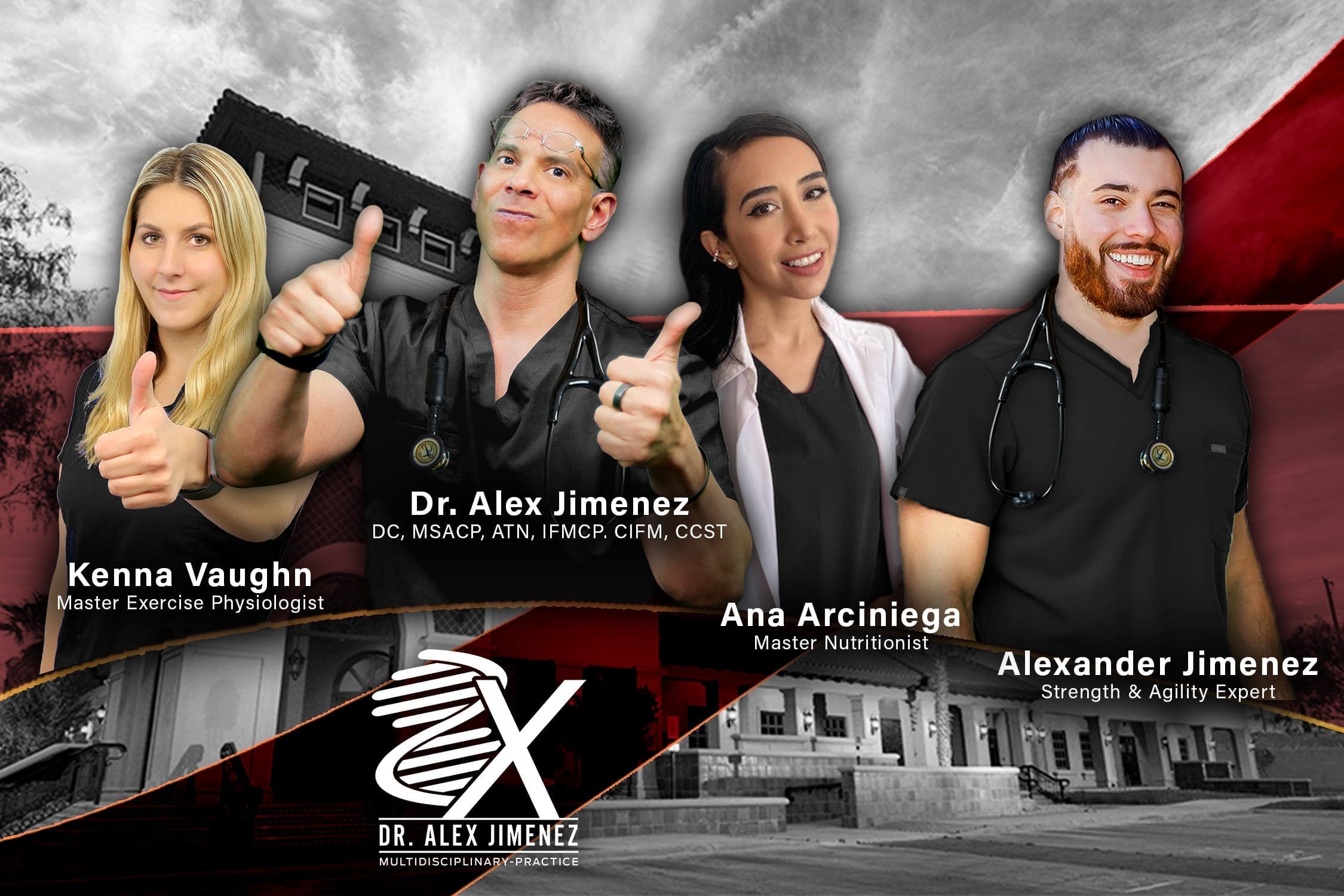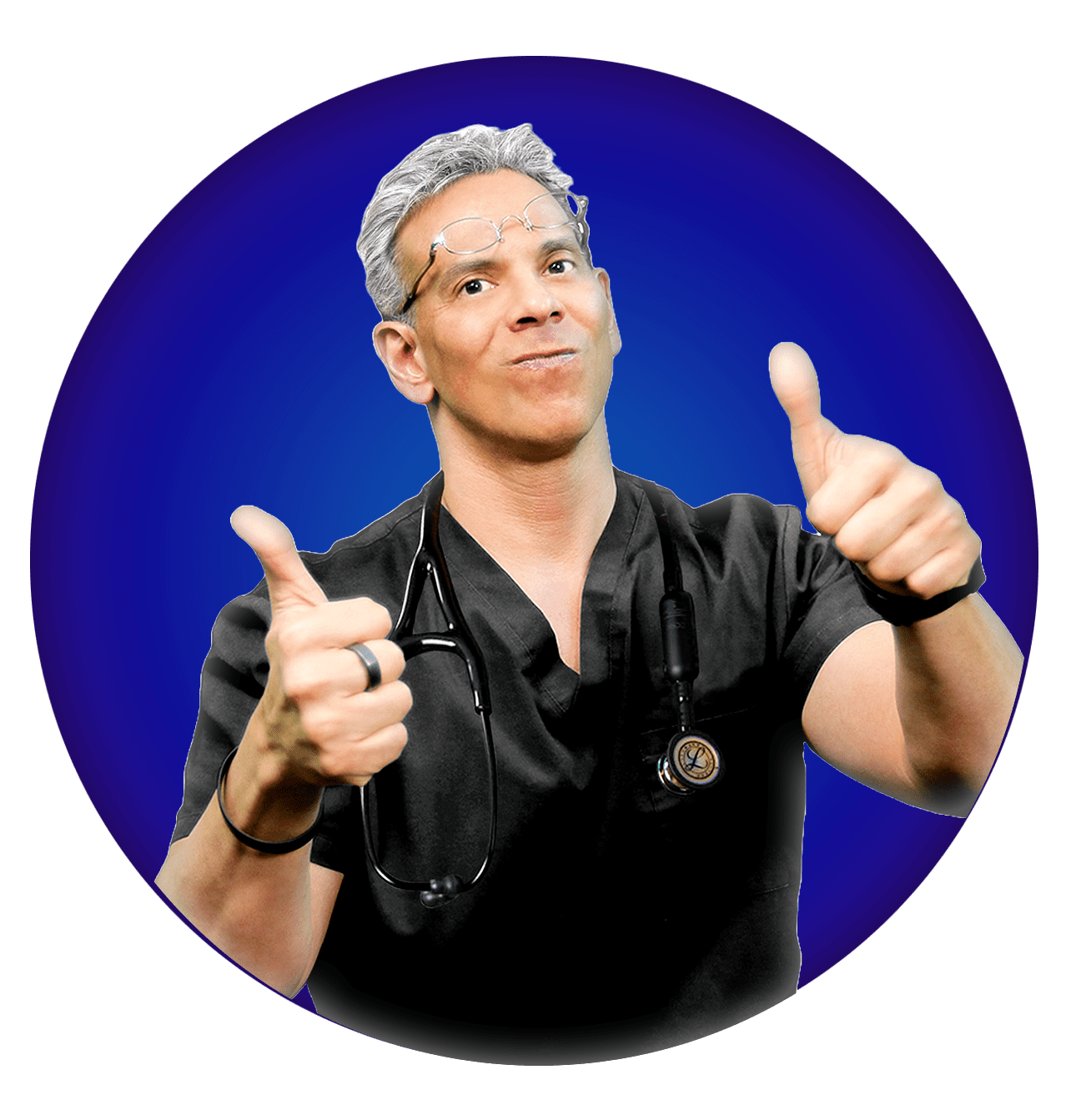Understanding Whiplash-Associated Disorders: Anatomy and Impact

Whiplash-associated disorders (WAD) stem from injuries caused by a sudden, forceful movement of the head and neck, typically during rear-end or side-impact collisions. This rapid motion strains the neck’s soft tissues, leading to pain and dysfunction. Understanding the anatomy of the cervical region and the mechanics of whiplash is key to addressing these injuries effectively. At El Paso’s Chiropractic Team, we aim to provide insight into whiplash and how chiropractic care can aid recovery. For questions or care, contact us at 915-850-0900 or Dr. J directly at 915-540-8444.
Anatomy of Whiplash Injuries
Whiplash occurs when the head is abruptly thrown backward and forward, or side to side, causing a whip-like motion. This strains the cervical spine’s complex structure, which includes:
- Bones: The seven cervical vertebrae (C1–C7) provide structural support and house the spinal cord.
- Joints: Facet joints allow neck mobility, while intervertebral discs act as shock absorbers.
- Muscles and Ligaments: Muscles like the sternocleidomastoid and ligaments such as the anterior longitudinal ligament stabilize the neck.
- Nerves: Cervical nerves control sensation and movement in the arms, neck, and upper body.
- Blood Vessels: Arteries and veins supply oxygen and nutrients to the neck’s tissues.
During a collision, the lower cervical vertebrae (C5–C7) are often forced into a hyperextended position, while the upper vertebrae (C2–C4) may flex forward, creating an abnormal S-shaped curve. This misalignment strains muscles, ligaments, discs, and facet joints, potentially leading to inflammation, microtears, or nerve irritation.
Causes and Symptoms of Whiplash
Whiplash is most commonly associated with motor vehicle accidents, particularly rear-end collisions, but can also result from sports injuries, falls, or physical trauma. The severity of symptoms depends on the force of impact, the individual’s posture, and pre-existing conditions. Common symptoms include:
- Neck pain and stiffness
- Headaches often start at the base of the skull
- Shoulder or upper back pain
- Dizziness or fatigue
- Arm pain, numbness, or weakness
- Difficulty concentrating or memory issues
In severe cases, symptoms may indicate damage to discs, nerves, or joints, requiring immediate medical evaluation. If symptoms like severe pain, nausea, or neurological deficits occur, contact a healthcare provider promptly.
Chiropractic Care for Whiplash Relief
Chiropractic care focuses on restoring alignment and function to the cervical spine, addressing the root causes of whiplash-related pain. By realigning the spine and reducing inflammation, chiropractors help the body heal naturally. Treatment approaches include:
- Spinal Adjustments: Gentle manipulations correct misalignments in the cervical vertebrae, relieving pressure on nerves and joints.
- Mobilization: Low-velocity movements improve joint mobility and reduce stiffness.
- Therapeutic Massage: Relaxes tight muscles, improves blood flow, and reduces pain.
- Exercise Therapy: Tailored stretches and exercises strengthen neck muscles and restore range of motion.
- Health Coaching: Guidance on posture, ergonomics, and lifestyle adjustments to support recovery.
- Nutritional Support: Anti-inflammatory diet recommendations to promote healing.
Chiropractors assess the extent of injury using physical exams and, if needed, imaging like X-rays to rule out fractures or severe damage. This comprehensive approach ensures long-term relief and prevents chronic pain.
Preventing Long-Term Complications
Untreated whiplash can lead to chronic pain, reduced mobility, or conditions like cervical spondylosis. Early intervention is critical. Chiropractic care not only alleviates symptoms but also strengthens the neck to prevent future issues. Lifestyle adjustments, such as maintaining proper posture, staying active, and avoiding repetitive strain, further support recovery.
Supporting Kidney Health for Overall Wellness
While addressing musculoskeletal injuries like whiplash, maintaining overall health is vital. The kidneys, which filter waste and regulate fluid balance, can be indirectly affected by chronic inflammation or poor lifestyle habits. To support kidney health during recovery:
- Stay Hydrated: Drink eight 8-ounce glasses of water daily to flush toxins and prevent kidney stones.
- Eat Nutrient-Dense Foods: Focus on vegetables, fruits, and lean proteins to reduce visceral fat and inflammation.
- Exercise Regularly: Cardiovascular and resistance training help control blood sugar and support kidney function.
- Avoid Smoking: Smoking constricts blood vessels, reducing kidney blood flow.
- Limit Medications: Overuse of NSAIDs or supplements can strain the kidneys; consult a doctor before use.
Conclusion
Whiplash-associated disorders can significantly impact daily life, but understanding the cervical spine’s anatomy and the mechanics of injury allows for targeted treatment. Chiropractic care offers a holistic, non-invasive approach to relieve pain, restore function, and prevent chronic issues. Combined with healthy lifestyle habits, these interventions promote long-term wellness. For personalized care, reach out to El Paso’s Chiropractic Team at 915-850-0900 or Dr. J at 915-540-8444.
References
- Freeman MD, Croft AC, Rossignol AM, et al. A review and methodologic critique of the literature refuting whiplash syndrome. Spine. 1999;24(1):86-96.
- Spitzer WO, Skovron ML, Salmi LR, et al. Scientific monograph of the Quebec Task Force on Whiplash-Associated Disorders: redefining “whiplash” and its management. Spine. 1995;20(8 Suppl):1S-73S.
- Harvard University. (2013). Fight kidney disease with a better diet, weight loss, and smoking cessation. https://www.health.harvard.edu/diseases-and-conditions/fight-kidney-disease-with-a-better-diet-weight-loss-and-smoking-cessation
Post Disclaimers
General Disclaimer, Licenses and Board Certifications *
Professional Scope of Practice *
The information herein on "Chiropractic Neck Recovery After Whiplash Injury" is not intended to replace a one-on-one relationship with a qualified health care professional or licensed physician and is not medical advice. We encourage you to make healthcare decisions based on your research and partnership with a qualified healthcare professional.
Blog Information & Scope Discussions
Welcome to El Paso's Premier Wellness and Injury Care Clinic & Wellness Blog, where Dr. Alex Jimenez, DC, FNP-C, a Multi-State board-certified Family Practice Nurse Practitioner (FNP-BC) and Chiropractor (DC), presents insights on how our multidisciplinary team is dedicated to holistic healing and personalized care. Our practice aligns with evidence-based treatment protocols inspired by integrative medicine principles, similar to those on this site and on our family practice-based chiromed.com site, focusing on naturally restoring health for patients of all ages.
Our areas of multidisciplinary practice include Wellness & Nutrition, Chronic Pain, Personal Injury, Auto Accident Care, Work Injuries, Back Injury, Low Back Pain, Neck Pain, Migraine Headaches, Sports Injuries, Severe Sciatica, Scoliosis, Complex Herniated Discs, Fibromyalgia, Chronic Pain, Complex Injuries, Stress Management, Functional Medicine Treatments, and in-scope care protocols.
Our information scope is multidisciplinary, focusing on musculoskeletal and physical medicine, wellness, contributing etiological viscerosomatic disturbances within clinical presentations, associated somato-visceral reflex clinical dynamics, subluxation complexes, sensitive health issues, and functional medicine articles, topics, and discussions.
We provide and present clinical collaboration with specialists from various disciplines. Each specialist is governed by their professional scope of practice and their jurisdiction of licensure. We use functional health & wellness protocols to treat and support care for musculoskeletal injuries or disorders.
Our videos, posts, topics, and insights address clinical matters and issues that are directly or indirectly related to our clinical scope of practice.
Our office has made a reasonable effort to provide supportive citations and has identified relevant research studies that support our posts. We provide copies of supporting research studies upon request to regulatory boards and the public.
We understand that we cover matters that require an additional explanation of how they may assist in a particular care plan or treatment protocol; therefore, to discuss the subject matter above further, please feel free to ask Dr. Alex Jimenez, DC, APRN, FNP-BC, or contact us at 915-850-0900.
We are here to help you and your family.
Blessings
Dr. Alex Jimenez DC, MSACP, APRN, FNP-BC*, CCST, IFMCP, CFMP, ATN
email: [email protected]
Multidisciplinary Licensing & Board Certifications:
Licensed as a Doctor of Chiropractic (DC) in Texas & New Mexico*
Texas DC License #: TX5807, Verified: TX5807
New Mexico DC License #: NM-DC2182, Verified: NM-DC2182
Multi-State Advanced Practice Registered Nurse (APRN*) in Texas & Multi-States
Multi-state Compact APRN License by Endorsement (42 States)
Texas APRN License #: 1191402, Verified: 1191402 *
Florida APRN License #: 11043890, Verified: APRN11043890 *
Colorado License #: C-APN.0105610-C-NP, Verified: C-APN.0105610-C-NP
New York License #: N25929, Verified N25929
License Verification Link: Nursys License Verifier
* Prescriptive Authority Authorized
ANCC FNP-BC: Board Certified Nurse Practitioner*
Compact Status: Multi-State License: Authorized to Practice in 40 States*
Graduate with Honors: ICHS: MSN-FNP (Family Nurse Practitioner Program)
Degree Granted. Master's in Family Practice MSN Diploma (Cum Laude)
Dr. Alex Jimenez, DC, APRN, FNP-BC*, CFMP, IFMCP, ATN, CCST
My Digital Business Card
Licenses and Board Certifications:
DC: Doctor of Chiropractic
APRNP: Advanced Practice Registered Nurse
FNP-BC: Family Practice Specialization (Multi-State Board Certified)
RN: Registered Nurse (Multi-State Compact License)
CFMP: Certified Functional Medicine Provider
MSN-FNP: Master of Science in Family Practice Medicine
MSACP: Master of Science in Advanced Clinical Practice
IFMCP: Institute of Functional Medicine
CCST: Certified Chiropractic Spinal Trauma
ATN: Advanced Translational Neutrogenomics
Memberships & Associations:
TCA: Texas Chiropractic Association: Member ID: 104311
AANP: American Association of Nurse Practitioners: Member ID: 2198960
ANA: American Nurse Association: Member ID: 06458222 (District TX01)
TNA: Texas Nurse Association: Member ID: 06458222
NPI: 1205907805
| Primary Taxonomy | Selected Taxonomy | State | License Number |
|---|---|---|---|
| No | 111N00000X - Chiropractor | NM | DC2182 |
| Yes | 111N00000X - Chiropractor | TX | DC5807 |
| Yes | 363LF0000X - Nurse Practitioner - Family | TX | 1191402 |
| Yes | 363LF0000X - Nurse Practitioner - Family | FL | 11043890 |
| Yes | 363LF0000X - Nurse Practitioner - Family | CO | C-APN.0105610-C-NP |
| Yes | 363LF0000X - Nurse Practitioner - Family | NY | N25929 |
Dr. Alex Jimenez, DC, APRN, FNP-BC*, CFMP, IFMCP, ATN, CCST
My Digital Business Card








Comments are closed.